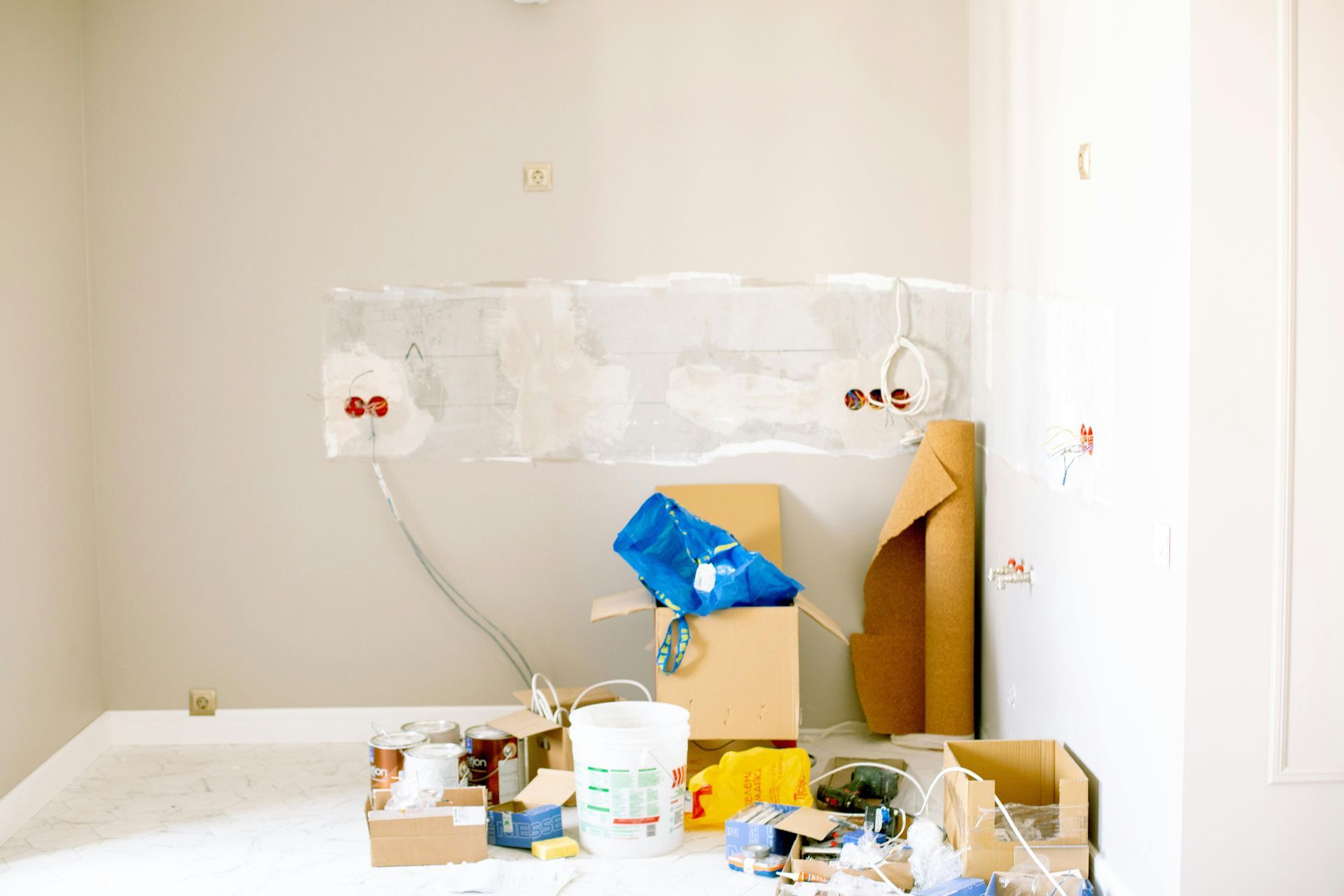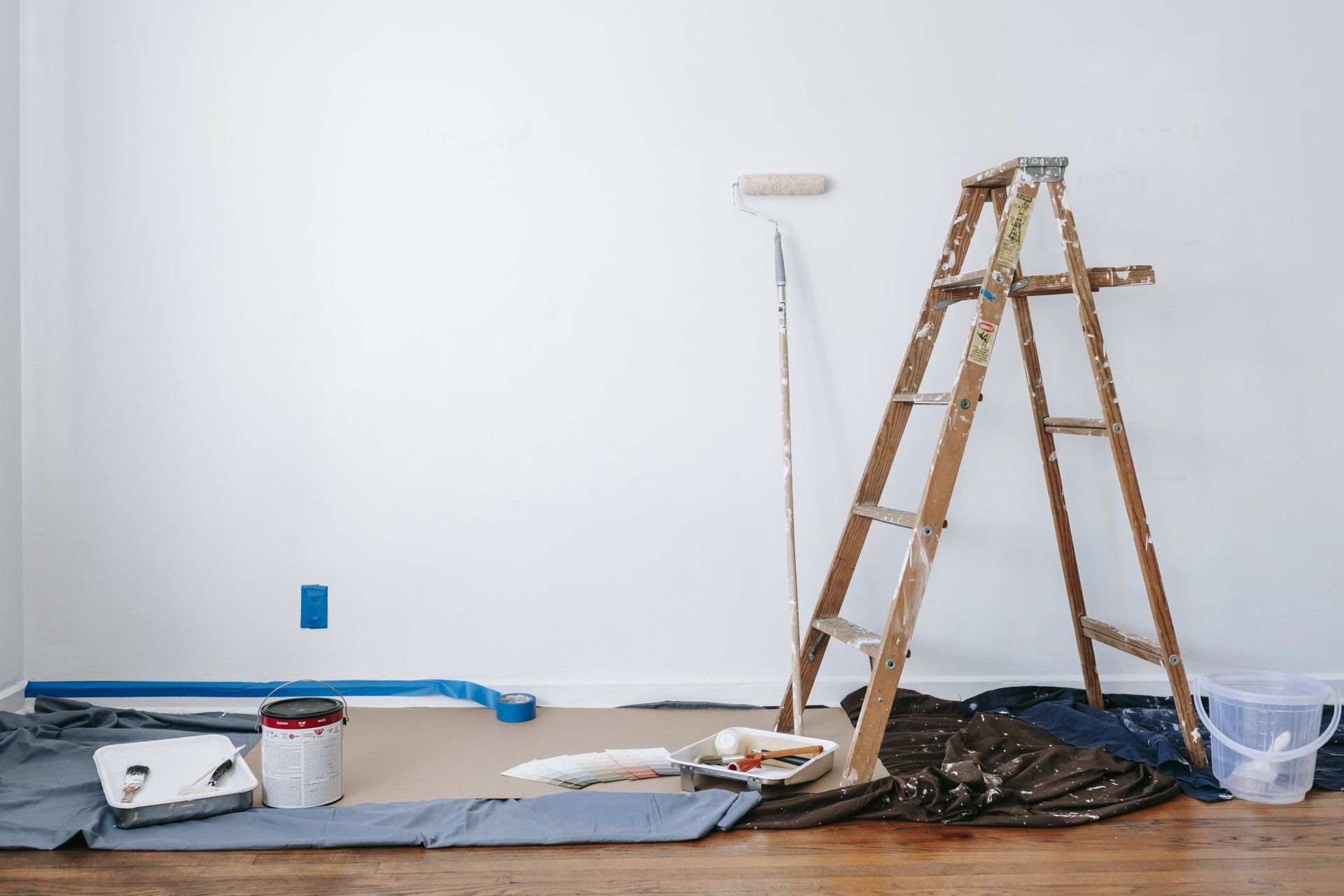Tips When Working with a Home Builder
Building a custom home represents one of the most significant investments you'll make in your lifetime. The process involves numerous decisions, timelines, and coordination between multiple parties. Understanding how to work effectively with your home builder can make the difference between a smooth construction experience and a stressful ordeal filled with delays and misunderstandings.
The home building industry has evolved considerably over the past decade, with new technologies, materials, and construction methods becoming standard practice. Still, the fundamental principles of successful collaboration between homeowners and builders remain unchanged. Clear communication, realistic expectations, and proper planning form the foundation of any successful custom home project.
When you partner with the right builder and approach the relationship strategically, you position yourself for a construction experience that stays on schedule, within budget, and delivers the home of your dreams. The following post will help you navigate this complex process with confidence and clarity.
Research and Vet Your Home Builder Thoroughly
Your home builder selection process should begin months before you're ready to break ground. Start by identifying builders who specialize in your desired style, price range, and geographic area. Review their portfolios, visit model homes or completed projects, and examine their craftsmanship standards firsthand.
Verify licensing and insurance coverage for any builder you're considering. Contact your state's licensing board to confirm their credentials are current and check for any complaints or violations. Request references from recent clients and follow up with phone calls to discuss their experiences.
Financial stability represents another crucial factor in builder selection. Request financial references and consider working only with established companies that have weathered economic downturns. A builder's longevity in the market often indicates their ability to complete projects even when facing challenges.
Establish Clear Communication Protocols Early
Successful home building projects require consistent and structured communication between all parties involved. During your initial meetings, establish how often you'll receive updates, which communication methods the builder prefers, and who serves as your primary point of contact throughout the process.
Many builders provide online portals or apps that allow you to track progress, view photos, and communicate with the construction team. If your builder offers these tools, take advantage of them to stay informed about daily activities and any issues that arise.
Document all conversations, decisions, and changes in writing. Email provides an excellent way to confirm verbal agreements and maintain a record of important discussions. This documentation becomes invaluable if disputes arise or if you need to reference specific decisions made during construction.
Understand the Construction Timeline and Process
Home building involves numerous sequential steps that must be completed in the proper order. Your builder should provide a detailed timeline that outlines major milestones, from permit approval through final walkthrough. Understanding this timeline helps you plan accordingly and recognize when delays occur.
Weather conditions, permit delays, material shortages, and change orders commonly affect construction schedules. Discuss contingency plans with your builder and build flexibility into your moving timeline. Most custom homes experience some delays, so maintaining realistic expectations prevents unnecessary frustration.
Ask for regular progress reports and schedule periodic site visits to observe construction firsthand. Your builder should welcome your involvement and provide safety guidelines for site visits. These visits help you understand the construction process and identify potential concerns before they become costly problems.
Review Contracts and Documentation Carefully
Your construction contract serves as the foundation for your entire building relationship. This document should clearly outline project scope, materials specifications, timeline expectations, payment schedules, and change order procedures. Never sign a contract without thoroughly reviewing every section and seeking clarification on unclear terms.
Pay special attention to allowances for fixtures, finishes, and materials. These allowances represent budget allocations for specific items, and exceeding them results in additional costs. Understand what's included in each allowance and research actual costs for your desired selections before finalizing the contract.
Warranty terms and procedures require careful consideration as well. Your builder should provide clear information about what's covered, for how long, and how to report warranty issues. Strong warranty coverage demonstrates the builder's confidence in their work and provides protection for your investment.
Manage Budget and Change Orders Strategically
Construction costs can escalate quickly without proper oversight and planning. Establish a detailed budget that includes a contingency fund for unexpected expenses or desired changes. Most construction professionals recommend setting aside 10-15% of your total budget for contingencies.
Change orders represent modifications to the original construction plans and specifications. While some changes become necessary due to site conditions or code requirements, others result from homeowner preferences that evolve during construction. Each change order should include detailed cost information and timeline changes before you approve the modification.
Track all expenses carefully and request regular budget updates from your builder. Address cost overruns immediately rather than allowing them to accumulate. Early intervention often provides more options for managing budget challenges.
Prepare for the Final Walkthrough and Closing Process
The final walkthrough represents your opportunity to identify any incomplete work or defects before taking possession of your new home. Schedule this walkthrough for a time when you can examine every detail carefully, and bring a checklist to ensure you don't overlook important items.
Document any issues you discover during the walkthrough and establish timelines for their resolution. Your builder should address these items promptly, either before closing or through a formal punch list process. Don't accept possession of your home until you're satisfied with the completion of all work.
Collect all warranty information, operation manuals, and maintenance schedules during the closing process. Your builder should provide comprehensive documentation for all systems and appliances in your new home. This information proves invaluable for future maintenance and warranty claims.
Choose Wightman Custom Homes & Remodeling to Build Your Dream Home with Confidence
At Wightman Custom Homes & Remodeling, we have been serving homeowners throughout Concord, Charlotte, Lake Norman, and the surrounding North Carolina communities since 1978. Our family-owned and operated company brings more than four decades of experience to every custom home and remodeling project we undertake.
Our team at Wightman Custom Homes & Remodeling prioritizes clear communication, transparent pricing, and quality craftsmanship throughout every phase of your project. Our involvement with the Home Builders Association in North Carolina demonstrates our commitment to industry standards and continuous improvement. Whether you're planning a custom home from the ground up or considering a major remodeling project, we provide the experience and dedication necessary to bring your vision to life.
Contact us today to schedule a consultation!



